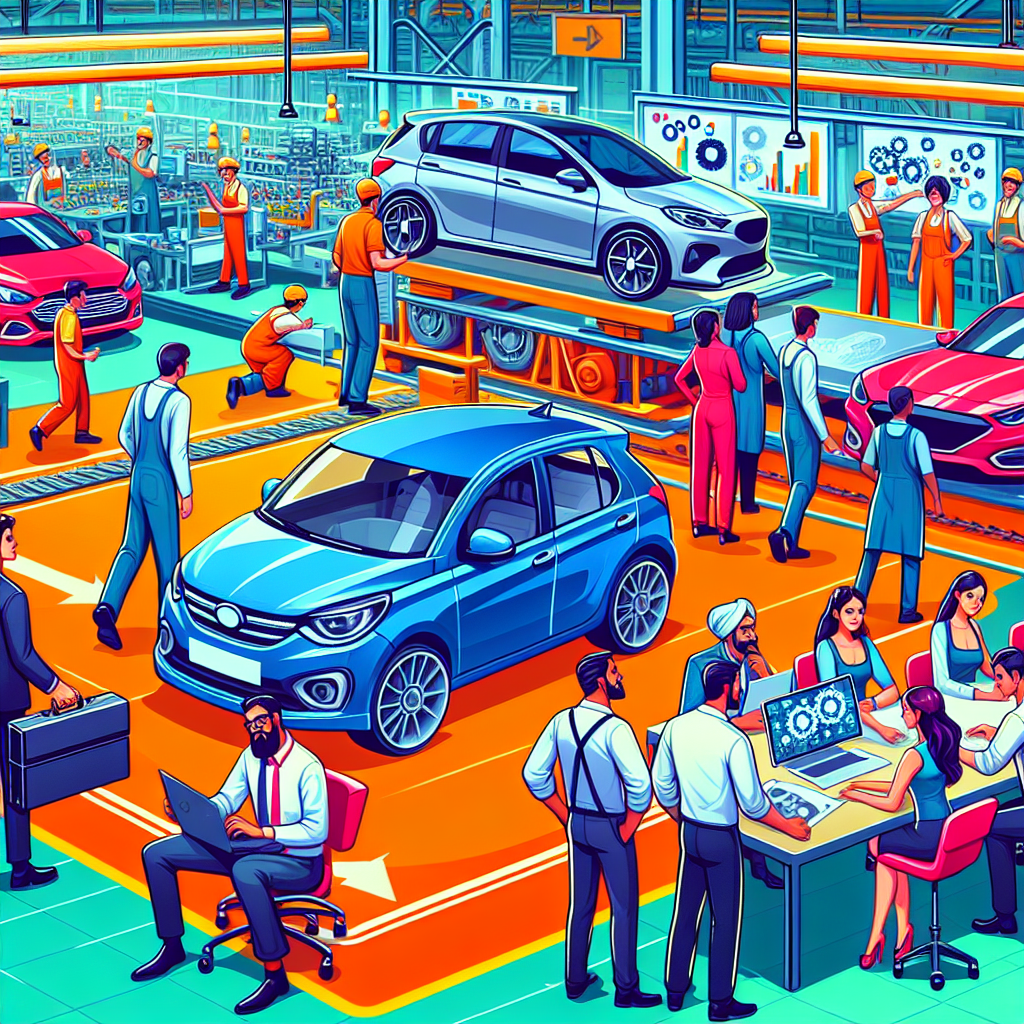Driving Change: Securing India's Automotive Future Amid Geopolitical Shifts
The automotive industry in India is emphasizing the need for stronger cooperation with the government to secure vital raw materials and technologies. As geopolitical landscapes shift, industry leaders aim to transform challenges into opportunities, strengthening India as a global hub for automotive components through strategic partnerships and resilient supply chains.

- Country:
- India
The Indian automotive industry is calling for increased collaboration with the government to secure essential raw materials, such as rare earth magnets, and technologies, as global geopolitical dynamics evolve. At the annual session of the Automotive Component Manufacturers Association of India (ACMA), industry leaders emphasized the need for a resilient supply chain to position India as a competitive global hub.
ACMA President Shradha Suri Marwah highlighted the strategic importance of securing critical materials like semiconductors and battery inputs. She pointed out that current challenges, including geopolitical volatility and trade wars, necessitate stronger government partnerships and international alliances. Marwah stressed that the industry stands at a significant juncture, with opportunities to enhance competitiveness.
Society of Indian Automobile Manufacturers (SIAM) President Shailesh Chandra echoed similar sentiments, emphasizing the need for agile and diversified supply chains to withstand disruptions. He advocated for business partnerships supported by government intervention to leverage each country's strengths, whether in raw materials or technologies. Chandra noted that the shifting global trade and manufacturing landscape demands adaptive strategies from the Indian automotive sector.
(With inputs from agencies.)
ALSO READ
Britain Escalates Sanctions Against Russian Military Supply Chain
Gadkari Unveils Vision for Sustainable Transport and Safer Roads at SIAM Convention
Flipkart Expands Supply Chain in Northeast: A Growth Strategy
India Rises as Global Supply Chain Realignment Leader
Jaishankar Urges for Fair Trade, Resilient Supply Chains at BRICS Summit










